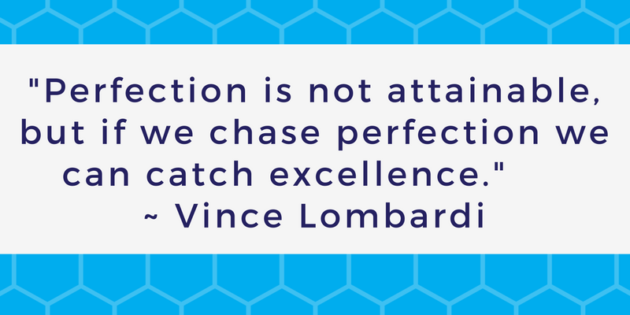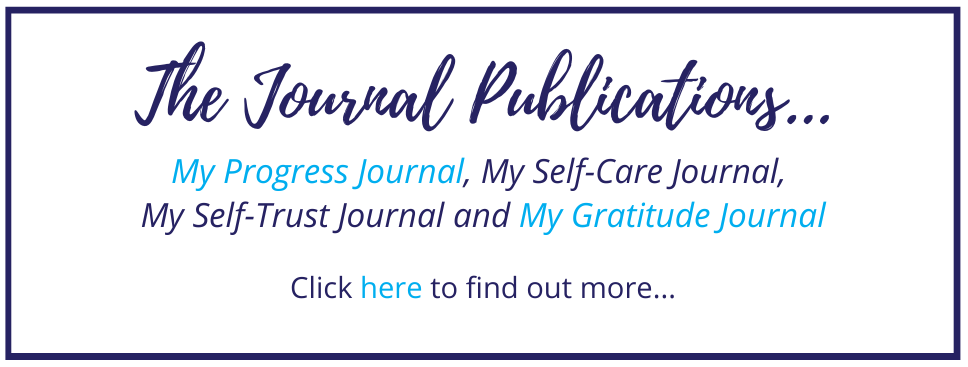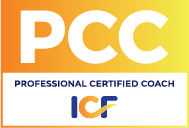Welcome to Day 5 of the 2nd Breaking up with Draining Habits 7-day Challenge.
Over 7 days, we are bringing awareness to different habits that cause undue stress or anxiety in our lives. At the end of each post, we share with you one simple step you can take to start to untangle the draining habit.
So far we have brought awareness to control, approval addiction, comparison and complaining.
Today we are going to focus on the habit of perfectionism.
So let’s get started…
Draining Habit #5: Perfectionism
Perfectionism is hard to define, however the following definition gives some good insights –
- “A disposition to regard anything short of perfection as unacceptable; especially: the setting of unrealistically demanding goals accompanied by a disposition to regard failure to achieve them as unacceptable and a sign of personal worthlessness.” ~ Merriam-Webster Medical Dictionary
- “A personal standard, attitude, or philosophy that demands perfection and rejects anything less.” ~ Dictionary.com
- “Refusal to accept any standard short of perfection.” ~ Oxford Dictionaries
- “Perfectionism is not the same thing as striving to do your best. Perfection is not about healthy achievement and growth. Perfectionism is not self-improvement or striving for excellence. Perfectionism is the belief that if we live perfect, look perfect, and act perfect, we can minimise or avoid the pain of blame, judgement, and shame. It’s a shield. Perfectionism is a twenty-ton shield that we lug around thinking it will protect us when, in fact, it’s the thing that’s really preventing us from taking flight.
Perfectionism is not self-improvement. Perfectionism is, at it’s core, about trying to earn approval and acceptance Most perfectionists were raised being praised for achievement and performance (grades, manners, rule-following, people-pleasing, appearance, sports). Somewhere along the way, we adopted this dangerous and debilitating belief system: I am what I accomplish and how well I accomplish it. Please. Perform. Perfect. Healthy striving is self-focused – How can I improve? Perfectionism – is other focused – What will they think?” ~ Brené Brown in the Gifts of Imperfection
In the above definitions of perfectionism, you probably noticed the words –
- unrealistically demanding goals,
- a sign of personal worthlessness, and
- rejection or refusal of anything less (than perfectionism).
Some of the details (behaviours, feelings and thoughts) of perfectionism for me over the years have included –
- Behaviours/actions –
- not being satisfied with my work – very rarely have I been satisfied with what I have done as I have always thought I could have done better (yes I realise that is black and white thinking – see below, however it was true for me),
- criticising myself harshly (um, see last comment and my inner critic has had a field day over the years), and
- procrastinating – for example: in my business it took me ages to start writing my journal as I was so scared/fearful of what other people would think and wanted approval as I didn’t know who I really was (that has passed now – but may come up again later).
- Feeling –
- fearful of looking silly and making mistakes,
- disappointed and feeling like a failure for not being perfect, and
- challenged and a sense of shame when criticised.
- Thoughts and thought patterns –
- All or nothing thinking – for example “anything less than perfect is a failure”, “asking for help is a sign of a weakness”, “I’m never good enough” and “if I can’t do it perfectly then what is the point?”, and
- Using ‘Should’ statements – thinking in terms of should, must, ought imposes a view about the way the world in which may not tie with reality, and which induces emotional unhappiness, resentment and guilt – for example “I should never make mistakes” or “I should have been able to pick that up before it happened”.
Challenge: Starting to Breakup with Perfectionism –
As you complete your tasks today, become aware of the time you spend on tasks.
At the end of the day reflect on these tasks –
- Do you give yourself adequate time to complete the tasks?
- Are they in line with your vision, dreams and goals?
- Is there anything you would change after today? If so, how are you going to implement that change?
Feel free to share your progress in the comments section below or on our Facebook page here. If you liked this post, feel free to share it with your colleagues, family and friends.
If you are ready to take yourself on the adventure of getting to know yourself (your true self), why not join the Toolkit? A place where I share tools, inspiration and ideas to live a courageous and openhearted life.
Reference –
Brown, B. (2010). The Gifts of Imperfection: Let Go of Who You Think You’re Supposed to Be and Embrace Who You Are. USA: Hazelden.

















Leave A Response